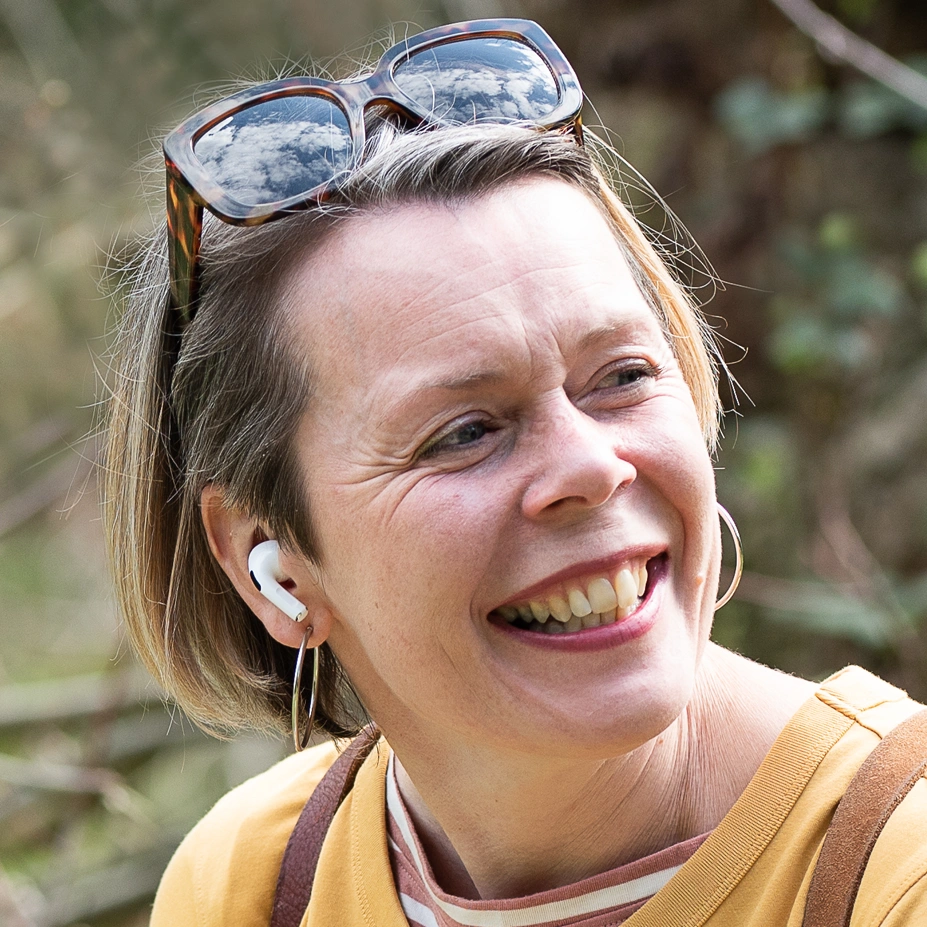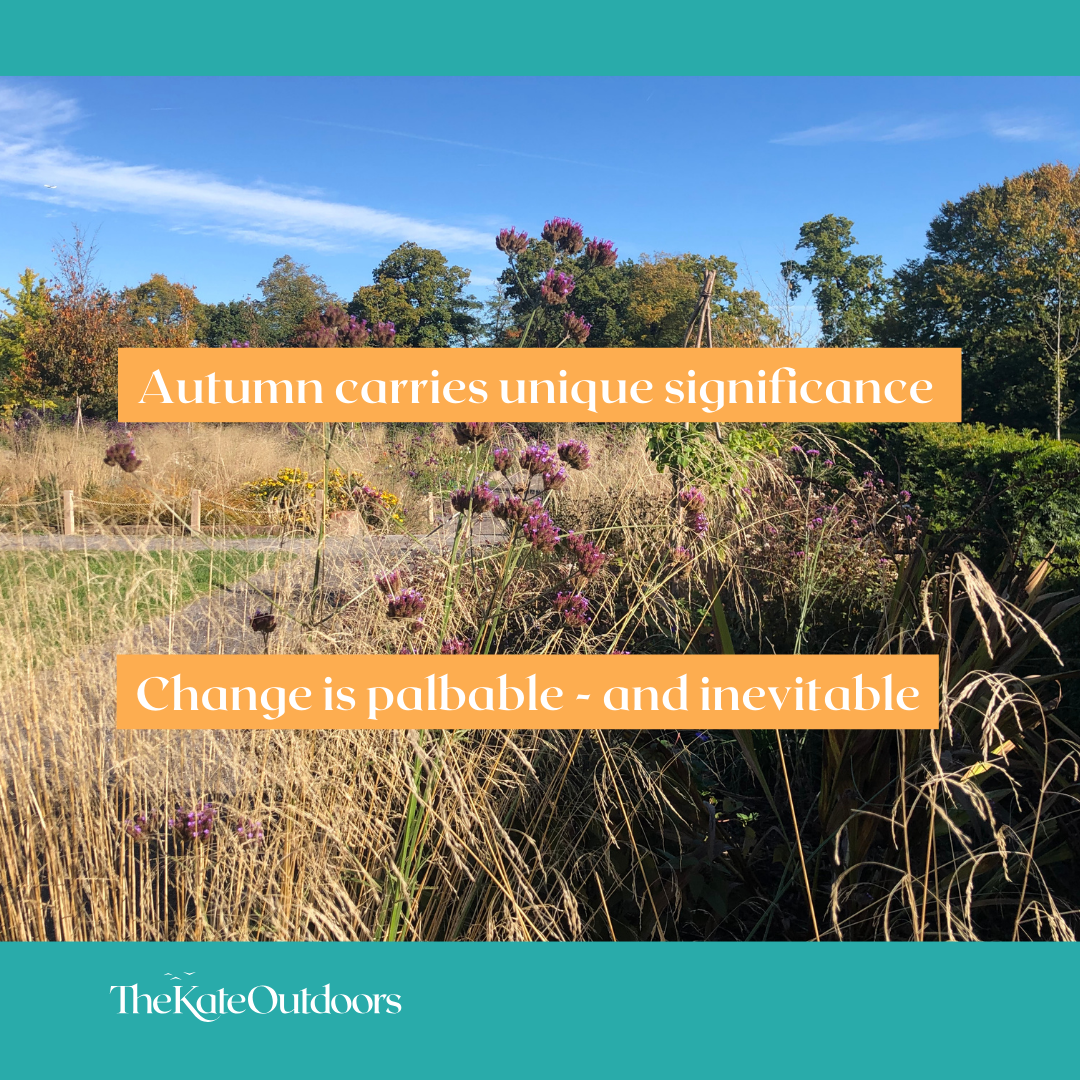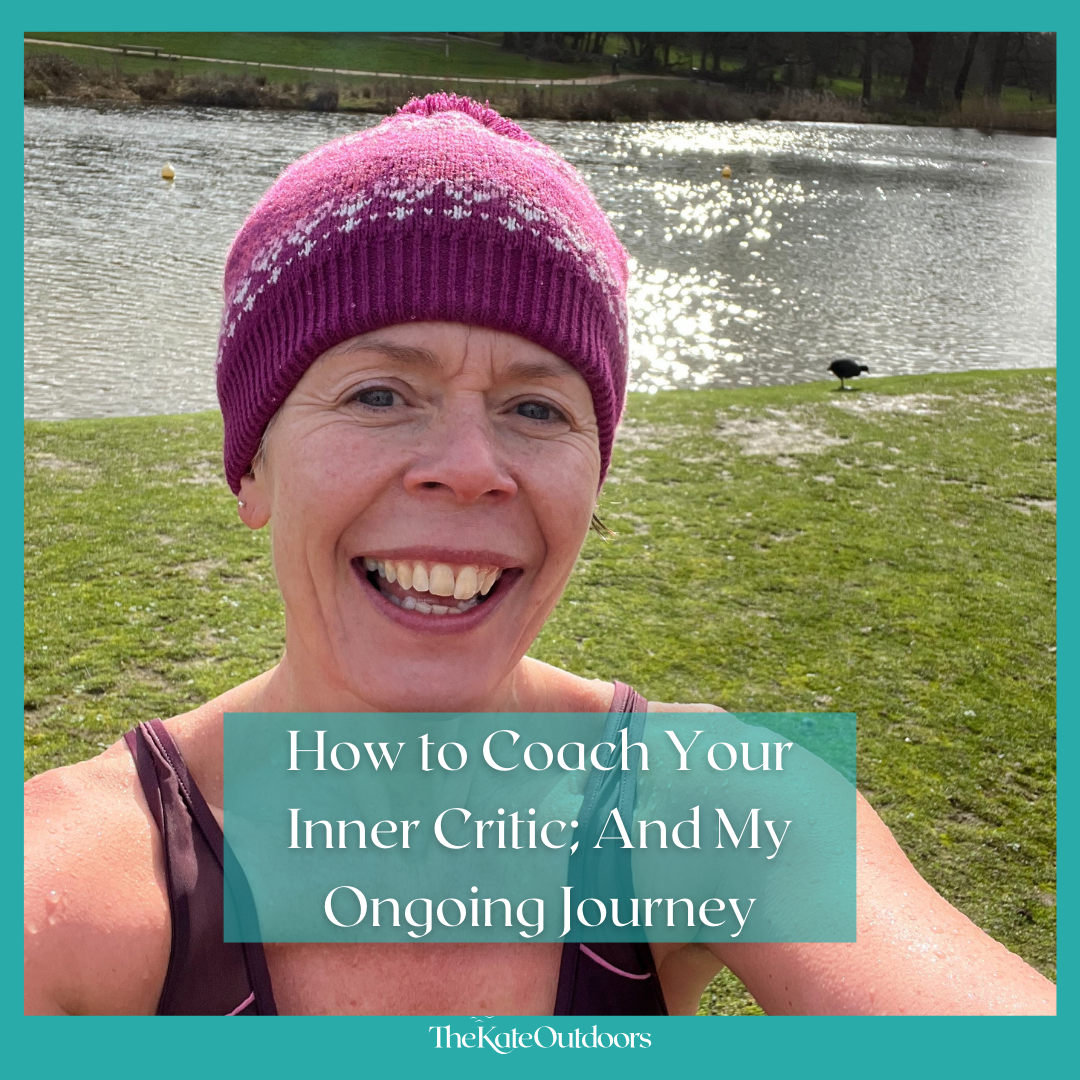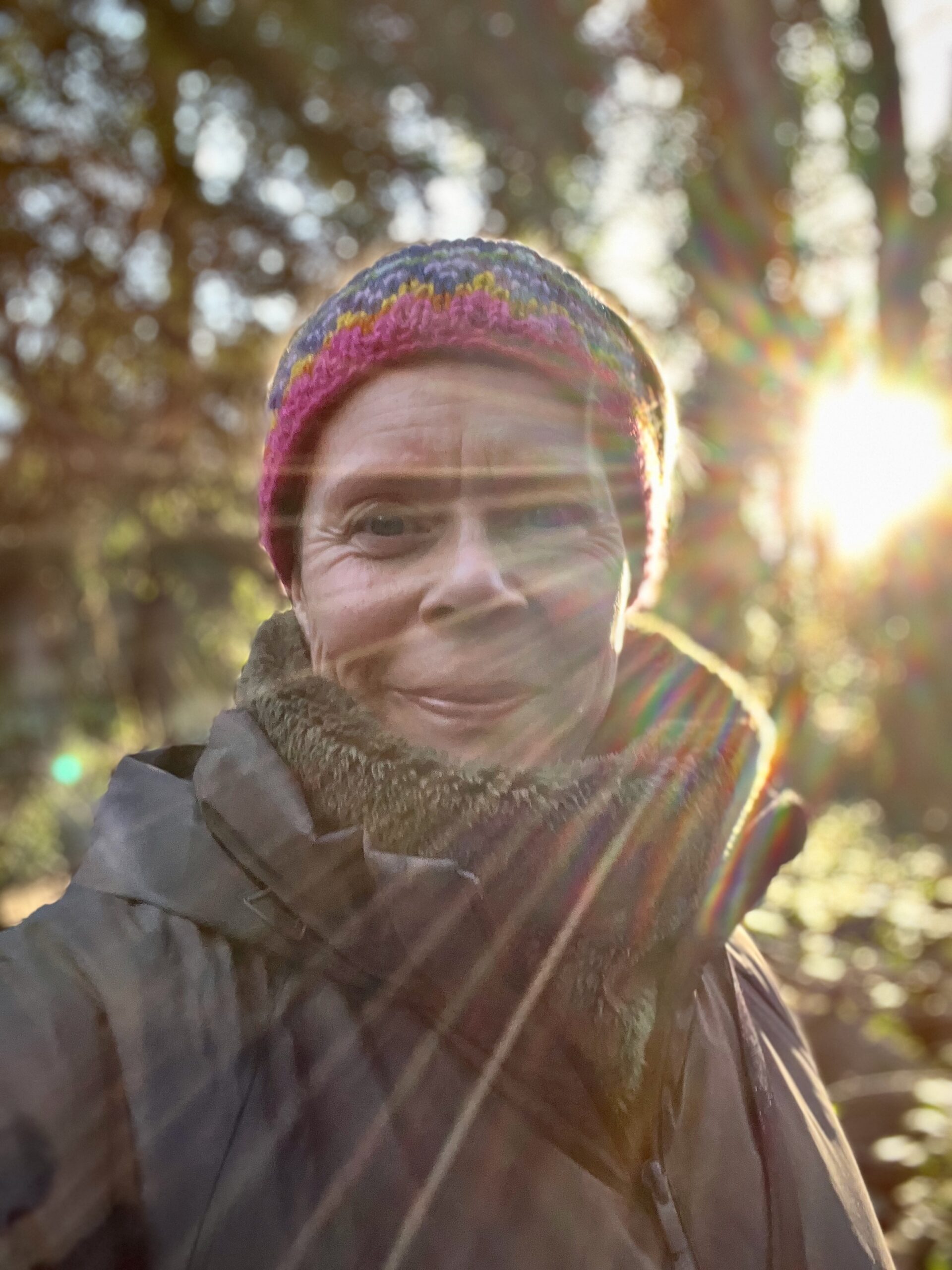For many of us, Autumn resonates deeply, mirroring the transitions we experience in our own lives. Just as leaves fall gracefully from their branches at this time of year, we too can choose to release what no longer serves us.
So how do we navigate change in midlife successfully?🍂
Whether it’s career change, feeling lost, job satisfaction, caring for ageing parents or wanting to find purpose in life – this is an unchartered stage of life that can be challenging.
I believe nature and walking can facilitate the changes we want to make, by clarifying our thoughts to form the necessary actions.
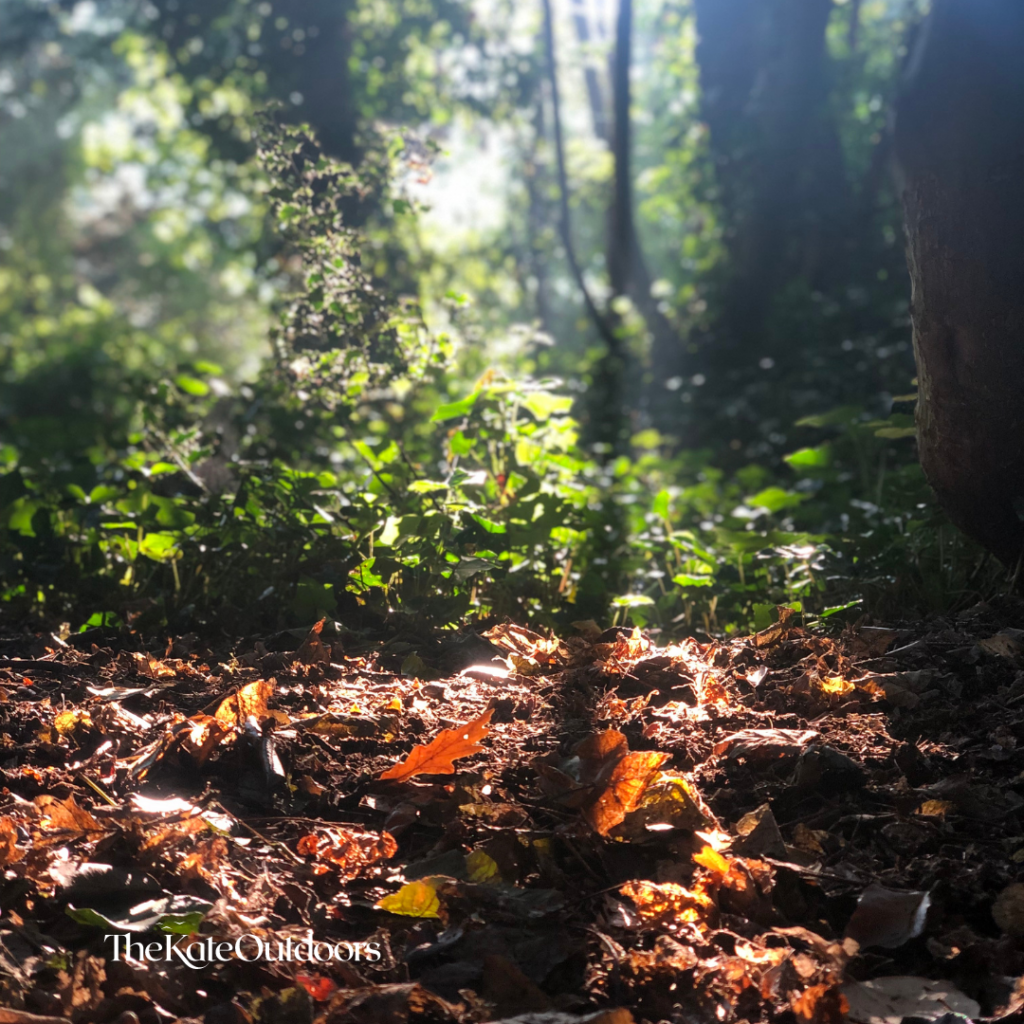
Here are 5 Autumnal powerful coaching questions to help you navigate change this season.
Plus, an invitation; to take this work outdoors in nature on a walk.
Powerful Coaching Questions for Reflection this Autumn
1. What’s gone well for me so far this year that I can harvest and celebrate?
Autumn is when we traditionally harvest. Take stock of your circumstances and appreciate the fruits of your hard work; make a list and review achievements, noting your successes.
Assessing where you are right now provides key information for the changes you can make to move forward.
2. What didn’t take root, or perished?
This might be easier to answer – our human minds are great at reminding us of the negative and critical. Don’t be hard on yourself; think objectively as if you’re a mature, wise Oak tree, rather than an emotionally immature sapling. Note what didn’t work on this occasion and know it could still work next time with adjustments.
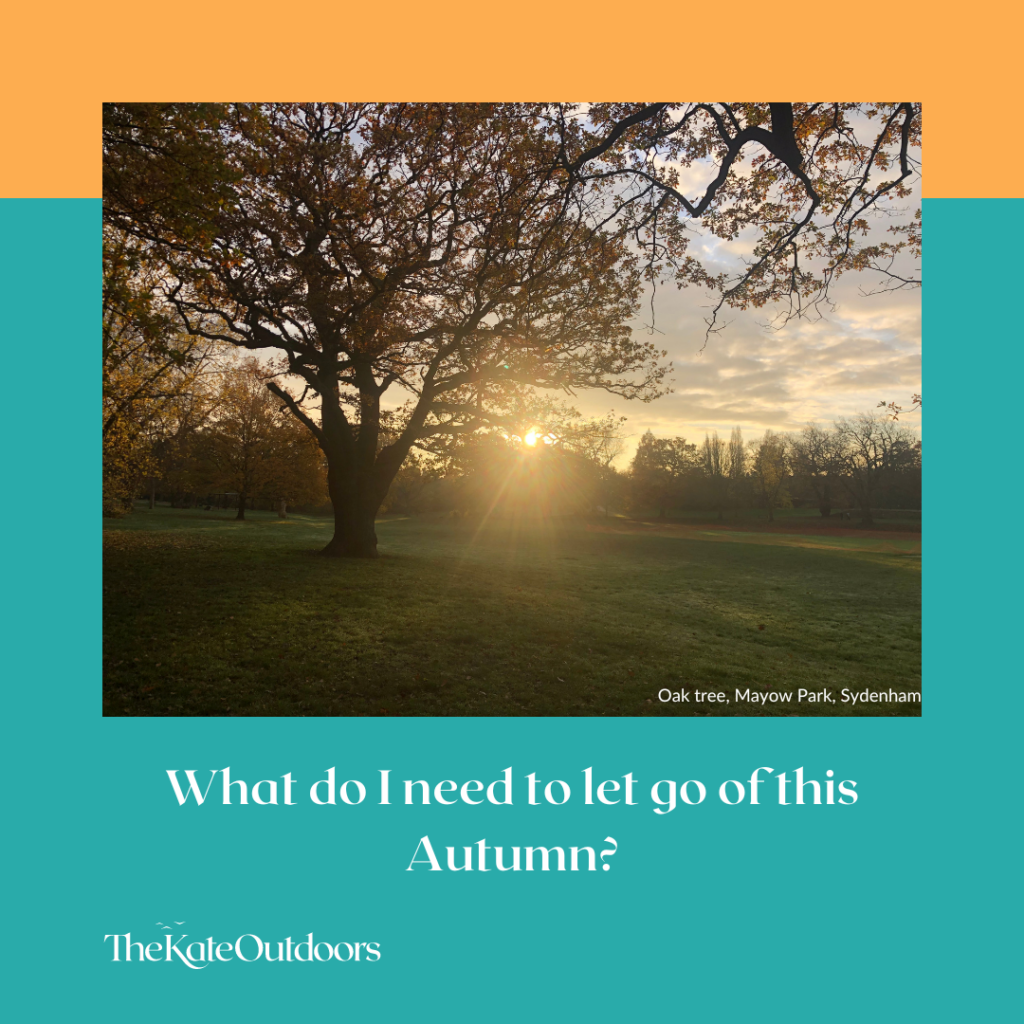
3. What do I need to let go of this Autumn?
You may be considering dropping something that has run its course. Or perhaps there’s an acceptance of letting things ‘be’. In nature’s cycle of seasons, we know things die off for growth to then appear. Can you create your space for growth; clear out what you no longer need?
4. What do I need to hold on to, to transition into the next season?
This might seem like a paradox in contrast to the previous question, but really recognising and appreciating the good in you and harnessing it for the wider good, is a strengths and skills based approach that works well for our wellbeing and performance. It’s a foundation for thriving and very much part of my work as a Life Coach.
Read more and benefit from some free exercises in this Positive Psychology website, HERE
5. How and where would I like to be 12 months from now?
Let your mind wander and play with this visualisation exercise;
- Close your eyes, settle yourself
- Visualise yourself 12 months from now – what you’re doing, where you are, how you’re feeling, who you’re with…; what’s changed?
If this image is not positive;
- What needs to change?
- What do you need to start doing?
- And crucially, what do you need to stop doing?
If this image is positive;
- What’s got you there?
Once you have some answers, what are you going to do with them? Consider setting goals that are meaningful to you. Read more in one of my blog posts HERE.
My Top Tips
- Ask yourself open-ended questions as if you were interviewing yourself – ideal for coaching and gaining a different perspective
- If you’re feeling stuck or it feels challenging or frustrating – and this is OK – move your body and shake it off; physical movement literally helps move things around. Or come back to it another time
- Creating a positive vision for what we want in the future helps our brains invest in that possibility and believe in it – as if it were actually real now
Read more about Visualisation and overcoming doubt in Tara Mohr’s insightful book, Playing Big
Remember – All Life and Midlife Experience Counts!
Autumn carries a unique significance for many of us. We midlife women and men have a lot going for us and the mental load can weigh heavy. But sometimes we forget that these life experiences; the good and bad count and make us uniquely imperfect and special.
We are more mature Oak than immature saplings – let’s own it. If we can navigate change this autumn to reflect on what’s good and positive, we can find a deeper sense of meaning and joy in our lives.
Oh – and one more thing; Oaks (and actually all trees), send out signals and communicate with each other when they need help. That’s my job too. Book a free call to find out more.
Join me for my Pause Outdoors Walk and Talk for Midlife Women. In Beckenham Place Park, monthly peer coaching and conversation with optional coffee or lake swim after.
